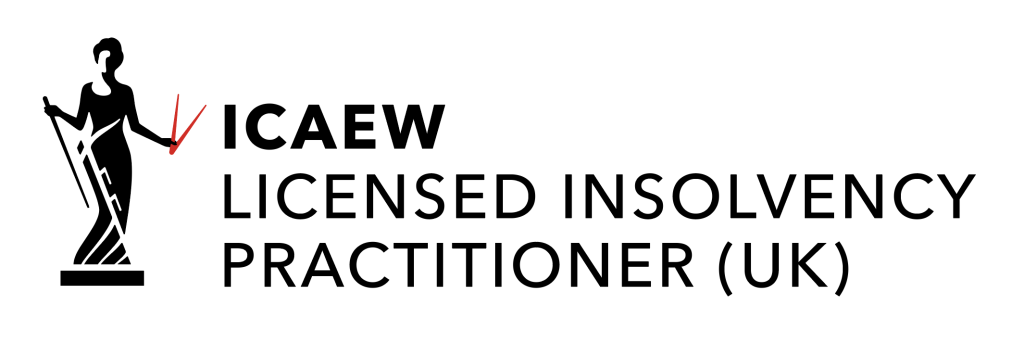Director Duties When Closing a Company
Anderson Brookes Insolvency Practitioners help directors close limited companies quickly, legally and with expert guidance every step of the way.
Get free advice today

Why Director Duties Matter
Limited companies are separate legal entities. This protects directors from personal liability in many situations, but only if legal obligations are followed, especially when a company is closing.
Failing to act correctly can lead to disqualification, personal financial responsibility, and even criminal charges in serious cases. That’s why understanding and following your responsibilities is vital.
When it’s time to close a limited company, directors have clear legal responsibilities to follow. These duties depend on whether the company is solvent or insolvent and are designed to protect creditors, shareholders, and the public.
At Anderson Brookes, we work with directors across the UK to make sure the process is handled correctly. We provide practical guidance that helps you avoid costly mistakes, stay compliant, and close your business with confidence.
Director Duties in a Solvent Company Closure
If your company is solvent, meaning it can pay all its debts, you may be able to close it via voluntary strike off or a Members’ Voluntary Liquidation (MVL).
In either case, directors must:
Confirm the company is genuinely solvent, including any future or contingent liabilities.
Ensure all debts, taxes, and obligations are settled.
Keep full records up to the point of closure.
Notify all relevant parties – including creditors and HMRC – if applying for strike off.
Sign a Declaration of Solvency if proceeding with an MVL.
If the company is struck off without settling all obligations or without proper notice, directors may become personally liable.
If your company can’t pay its bills, your responsibilities shift immediately. You must:
Stop trading straight away – continuing to trade when insolvent can lead to wrongful trading claims.
Prioritise creditors’ interests – no more payments to shareholders or directors.
Avoid preference payments – do not favour one creditor over another.
Preserve all company records – don’t hide, destroy, or alter financial data.
Work with a licensed insolvency practitioner (IP) – only an IP can legally manage an insolvency process.
Failing in any of these areas could mean you’re personally liable for losses and face director disqualification for up to 15 years.
Key Responsibilities at a Glance
| Duty | Applies to | What It Means |
|---|---|---|
| Act in good faith | All companies | Decisions must be made honestly and in the best interests of the company. |
| Stop trading if insolvent | Insolvent only | Trading while insolvent risks legal action and personal liability. |
| Keep accurate records | All companies | Maintain detailed, up-to-date accounts, contracts, and correspondence. |
| Declare solvency (MVL only) | Solvent (MVL only) | You must confirm the company can repay debts within 12 months. |
| Avoid preference payments | Insolvent only | Do not favour one creditor over others. |
| Cooperate with insolvency IP | Insolvent only | You must provide full information and support to the liquidator. |
Testimonials
Our clients praise our professionalism, reliability, and the exceptional support we provide during challenging times, helping thousands of company directors through insolvency, liquidation, and business debt solutions.

What Happens If You Don’t Follow the Rules?
If a director fails in their duties, the consequences can be severe:
Personal liability for company debts
Director disqualification for 2–15 years
Fines or civil claims from creditors
Criminal prosecution in cases involving fraud or misconduct
Take Action Early
The earlier you speak to a licensed insolvency practitioner, the more options you’re likely to have. It can mean the difference between a smooth, compliant closure and serious personal consequences.
At Anderson Brookes, our team of regulated, experienced insolvency professionals is here to help you understand your position, weigh your options, and take the right steps.
Speak to a Licensed IP Today
If you’re considering closing a company, get in touch now for clear, confidential advice:
-
Email: advice@andersonbrookes.co.uk
-
Call Free: 0800 1804 935
There’s no obligation and no pressure – just expert support from professionals who understand what directors need.


